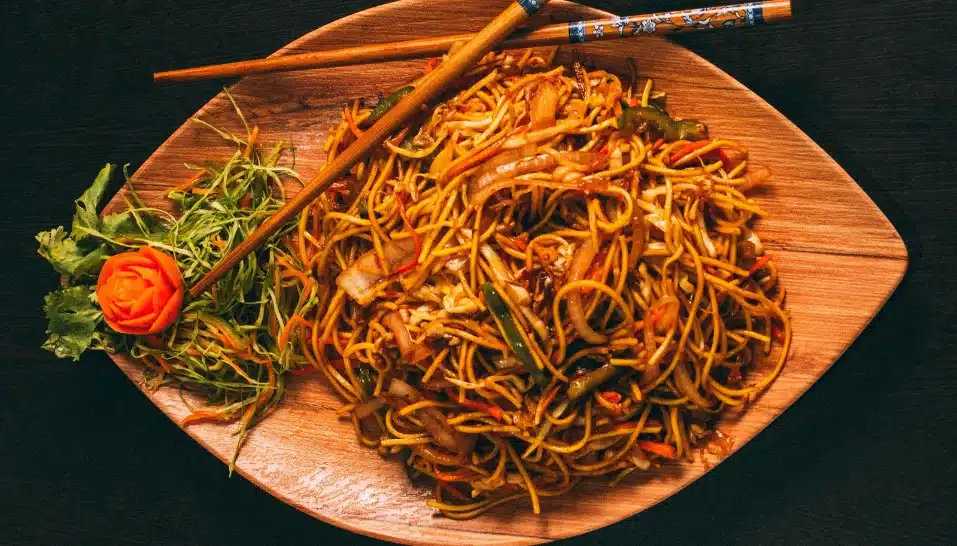Despite several claims of adverse health effects of MSG, studies find that the widely used food additive does not pose any serious hazards to the body.
A website (in Hindi) dubs Ajinomoto or monosodium glutamate (MSG) as “white poison” because of the various dangers it supposedly poses to the human body. It further claims that the widely used food-additive in commercial foods suppresses the taste buds – we never know how bad the food tastes!
Here’s the fact: There have been many tests over the claims of adverse health effects of MSG. Till date, there is no substantial evidence to prove that MSG is unsafe for human consumption.
In the 80’s and 90’s, the USFDA received many reports of consumer experiencing symptoms such as headache and nausea after eating foods containing MSG. The phenomenon came to be called the ‘Chinese restaurant syndrome’. (As the compound made from sodium and glutamic acid is usually added to Asian cuisine, such as noodles, fried rice, and soup.)
An independent scientific group called Federation of American Societies for Experimental Biology (FASEB) was asked to examine the safety of MSG in the 1990s. According to the report, MSG is categorized under the label GRAS (Generally recognized as safe) and does not pose any serious hazards to the body.
Till date, asthma is the only documented predisposing medical condition associated with adverse effects from ingestion of MSG. Ingestion of MSG on an empty stomach is more often associated with occurrence of adverse reactions than its ingestion with food.
Also, the claim that MSG suppresses the taste buds is unsubstantiated. According to a report published in the Journal of Oral Biosciences, MSG produces a special flavour called “Umami” that is recognised by specific taste receptors on our tongue. Researchers recognise it as the fifth taste along with sour, sweet, salty and bitter.
MSG has been presented as the Slenderman of food additives by well-meaning (and perhaps, ill-informed) parents to keep kids from gorging on all the chow mein and momos they can get their hands on. While excess of anything can be harmful to health, it’s prudent not to let unfounded fears dictate your food choices.
Remember, not everything you read on the internet is true. Trust facts, not unsubstantiated health claims.
Not sure if something you read/saw is true? You can mail us at hello@firstcheck.in or WhatsApp us on +91 9311 223145. We’ll fact-check it for you.

















